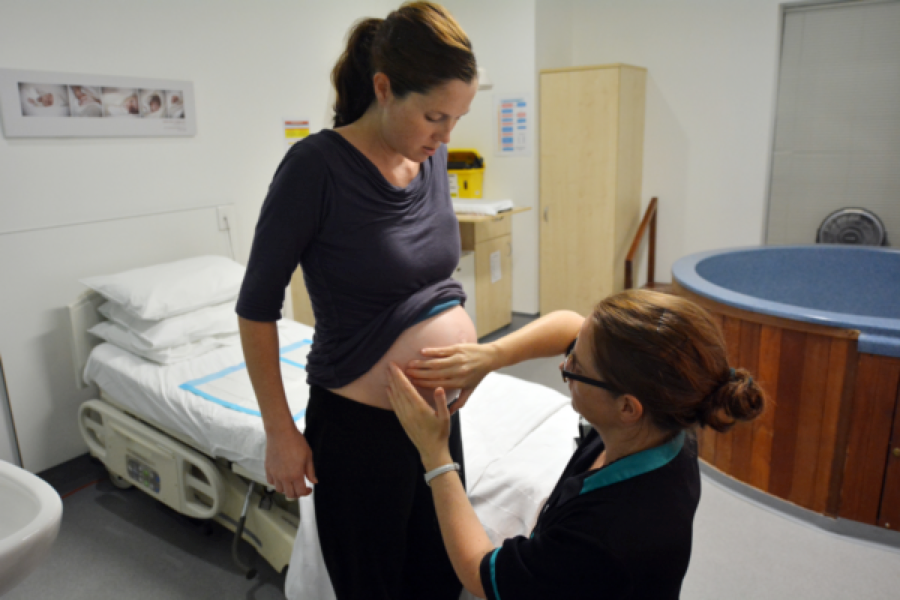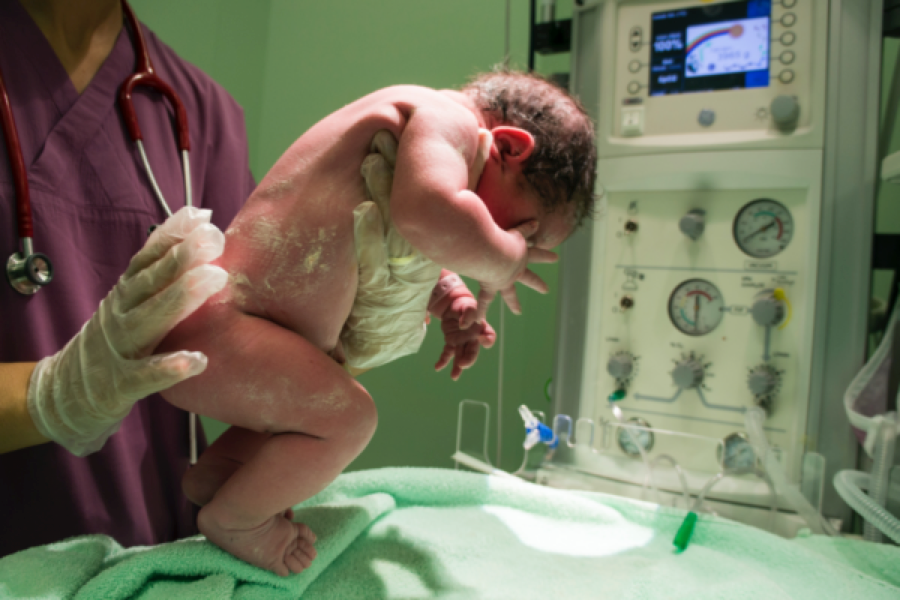
NEWS & RESEARCH
Certified Nurse Midwives: Bridging the Gap in Maternal Healthcare
-
 EveryNurse Staff
EveryNurse Staff
- Last Updated: 05/21/2023

Maternal healthcare is an essential aspect of healthcare that ensures the health and well-being of pregnant women and their babies. However, in recent times, there has been a growing demand for certified nurse midwives, as a result of the current state of maternal healthcare.
This article explores the contributions of certified nurse midwives, their responsibilities, training requirements, and their benefits in providing maternal healthcare in the US. Furthermore, we will address misconceptions surrounding midwifery care and provide clarity on the role of midwives in high-risk pregnancies.
The Growing Demand for Certified Nurse Midwives
As the demand for maternal healthcare continues to rise in the US, the contributions of certified nurse midwives are becoming more evident. The World Health Organization estimates that approximately 800 women die every day from preventable causes during pregnancy and childbirth globally.
In the US, statistics show that maternal mortality rates have been on the rise, with maternal deaths occurring at a rate of 17.4 deaths per 100,000 live births in 2018.
The Current State of Maternal Healthcare
Maternal healthcare involves the provision of health services to women during pregnancy, childbirth, and the postpartum period. The current state of maternal healthcare in the US is one of rising concern, particularly regarding access to quality healthcare services.
Issues such as the high cost of healthcare, inadequate healthcare facilities, and a shortage of healthcare providers contribute to the current state of maternal healthcare.
As a result, pregnant women and their babies are exposed to significant risks, including maternal and neonatal mortality, preterm birth, and low birth weight.
Factors Contributing to the Demand for Midwives
As a response to the current state of maternal healthcare, there has been a growing demand for certified nurse midwives. Some factors contributing to this trend include a preference for natural birth, cultural beliefs, and the desire for personalized care.
Additionally, midwives provide a low-intervention model of care that is essential in combatting high rates of cesarean section births, which have been on the rise in the US.
The Role of Certified Nurse Midwives in Maternal Healthcare
Certified nurse midwives play an essential role in maternal healthcare in the US. They are licensed healthcare professionals trained to provide care to women, particularly during pregnancy, childbirth, and the postpartum period.
Scope of Practice and Responsibilities
The scope of a certified nurse midwife’s practice involves providing care to women during pregnancy, labor, and delivery. Midwives also offer postpartum care, including routine checkups and assessments. Some of the responsibilities of a certified nurse midwife include performing physical exams, interpreting diagnostic tests, writing birth plans, and guiding women through the process of childbirth. They also provide education on healthy living, breastfeeding, and family planning.
Education and Training Requirements
Collaborative Care with Obstetricians and Other Healthcare Professionals
The Benefits of Midwifery Care for Mothers and Babies
Personalized and Holistic Care
Certified nurse midwives provide personalized care that is tailored to meet the specific needs of each woman. This approach to maternal healthcare involves addressing the physical, emotional, and psychological needs of women throughout their pregnancy and beyond. It also includes the involvement of the woman’s family in the care process.
Lower Intervention Rates
Improved Birth Outcomes
Studies show that midwifery care is associated with improved birth outcomes, including a reduced risk of preterm births, low birth weight, and infant mortality. This is attributed to the personalized care provided by midwives, which includes regular assessments and monitoring, education on healthy living, and the inclusion of family members in the care process.
















